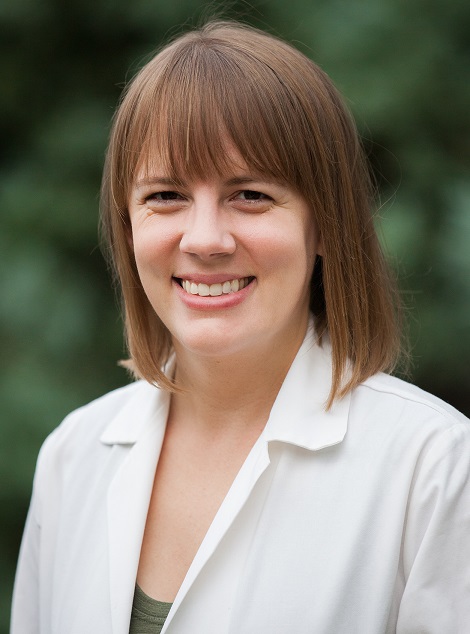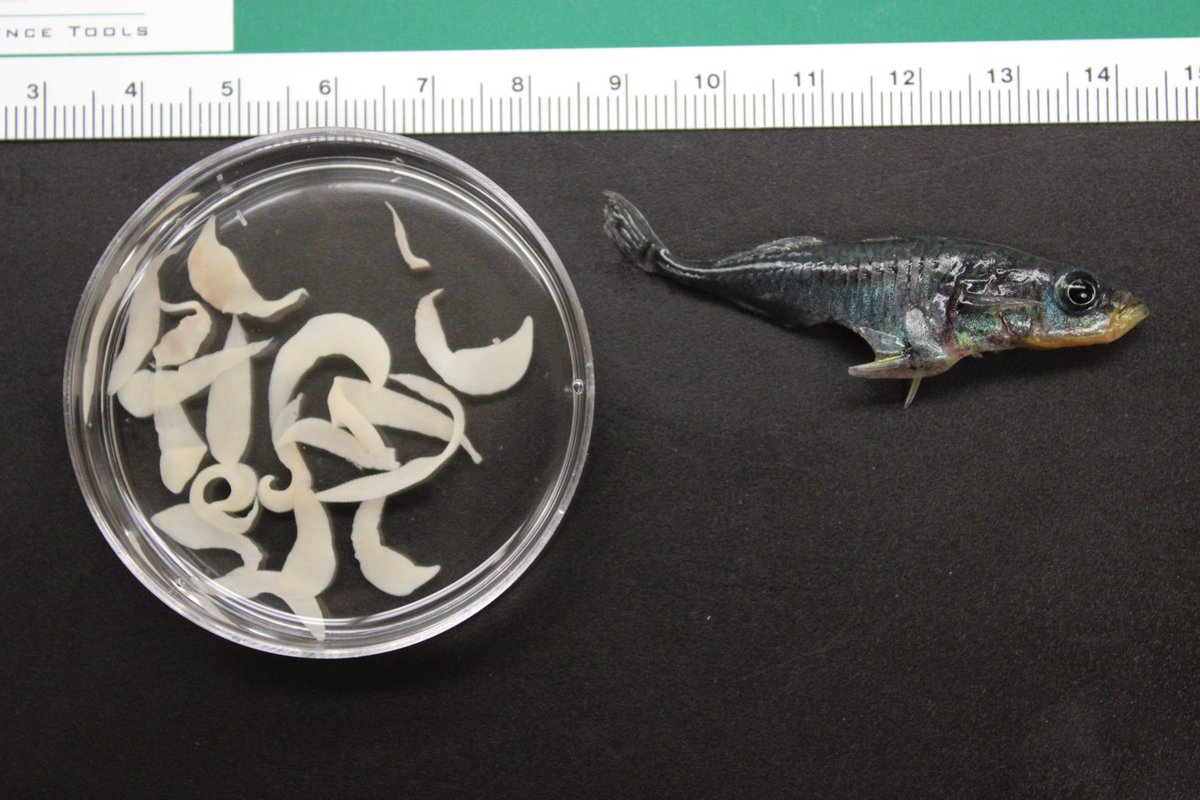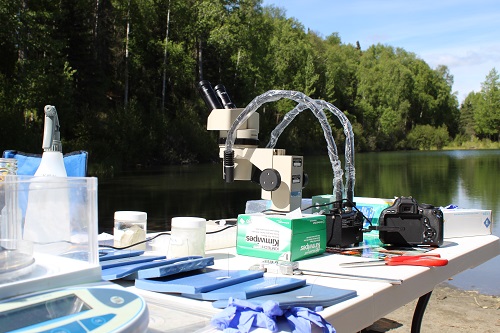About the department:
I’m an Assistant Professor in the Department of Biological Sciences at the University of Massachusetts Lowell. The Biology degree programs focus not only on academic career paths but also on preparing students for industry positions.
About the research:
My lab uses the model organism threespine stickleback to study the evolutionary origins of the vertebrate adaptive immune system and the co-evolution of hosts and pathogens. While much is known about mammalian adaptive immunity, substantially less is known about the adaptive immune responses of other vertebrates, including fish, the taxa in which adaptive immunity first evolved. We use a comparative approach to characterize the activation and kinetics of the adaptive immune response in stickleback. We also use the natural parasite of threespine stickleback, Schistocephalus solidus, to study host-parasite co-evolution. In particular we study the mechanisms by which this tapeworm can immunosuppress its host.
What has been the biggest challenge as a new PI so far?
The biggest challenge so far as a new PI has been recruiting graduate and postdoctoral trainees. Because I’m new and do not yet have name recognition in the field, and UML has a brand new Biology PhD program, I have had to be quite proactive in advertising positions in my lab.
What has been the biggest surprise so far about being a new PI?
I’ve been surprised about how long it can take to get a new lab up and running. Everything from purchasing equipment, hiring staff, recruiting grad students, and renovating lab space takes much longer that expected. I’ve had to learn how to be patient and find other ways to remain productive.
How have you prepared to be a PI?
I took any and every opportunity during my training to gain teaching and mentoring experience. Even though teaching wasn’t a requirement in my graduate program, I sought out teaching opportunities throughout grad school. I TA’d two courses, designed and taught mini-courses for a science magnet school, and volunteered to teach lectures in non-major science courses. During my postdoctoral training I had a split appointment: 75% time doing research and 25% time as an Instructor of Medicine at the Dell Medical School. The position at DMS involved designing a new course from scratch, an experience which has been invaluable both in helping me stand out on the job market and in my new position at UML. With respect to mentoring, during my PhD I worked with elementary school science fair participants to design their projects. During my postdoc, I mentored graduate and undergraduate researchers in the lab and took mentoring workshops. At the medical school, I also took every opportunity to serve on committees and participate in the administrative side of things. This service experience has really given me a head start on learning the ropes as a faculty member at UML.
How do you/will you approach mentoring new lab members?
With all mentees in the lab, I use a mentoring compact to learn about the trainee’s goals and set expectations both for the trainee and myself. I find that by putting these goals and expectations into writing helps us both be sure that we’re working towards the same ends. This is a document that we return to throughout the trainee’s time in the lab and adjust as necessary. I also follow the model of the great advisors I’ve had in the past: I care about about my trainees/students, I have an open door policy, and I respond promptly to questions/requests for help.
Are you recruiting? If so, how do you/ will you choose new lab members?
Yes, I’m currently accepting masters and PhD students.
When and why did you become a SSE member?
I joined SSE during my postdoctoral training.
What does becoming a SSE member mean to you or your career?
I’m an immunologist by training, and my early career work has focused on the mechanisms of immunity. My SSE membership has added a new facet to my research by broadening my studies beyond the cellular and molecular mechanisms that underlie immunobiology, to understand the evolutionary significance of these mechanisms.
When was your first Evolution Meeting, and how did it affect your career?
My first evolution meeting was in Austin in 2016. This meeting was amazing for networking and a great opportunity to hear about research outside of my training area.
What one piece of advice would you give to a starting graduate student?
Learn how to graciously take criticism. The more feedback you get on your research plan, manuscripts, and talks, the better your work will be. Understand that those giving feedback are doing so to help you. Keep an open mind, don’t get defensive, and take notes of what they suggest!
What one piece of advice would you give to a postdoc?
Look for postdoc positions that will give the freedom and independence to develop your own research projects.
How was your first faculty meeting?
Welcomed by my new colleagues but a bit overwhelmed when I realized I had a lot to learn about the ins and outs of how my new institution works.
Do you remember making any mistakes as a trainee; how did you recover?
On my first experiment as a newly-hired technician I dropped the entire 96 well plate on the last step, ruining the entire experiment. Of course I was on the verge of tears and sure I was going to be fired. Luckily I had an amazing mentor, who said "these things happen, it's not the end of the world. We'll do it again tomorrow". It put me in the right mindset for lab work: everything that can go wrong, will go wrong. It's part of science and you can't let it get you down.
What is something most people don’t know about you?
I also have a BA in French and worked in France for a year after undergrad.
What do you enjoy doing in your free time?
I love movies and try to go to as many as possible. I really enjoy cooking and I’m constantly looking for new recipes to try!
 Natalie C. Steinel
Natalie C. Steinel
